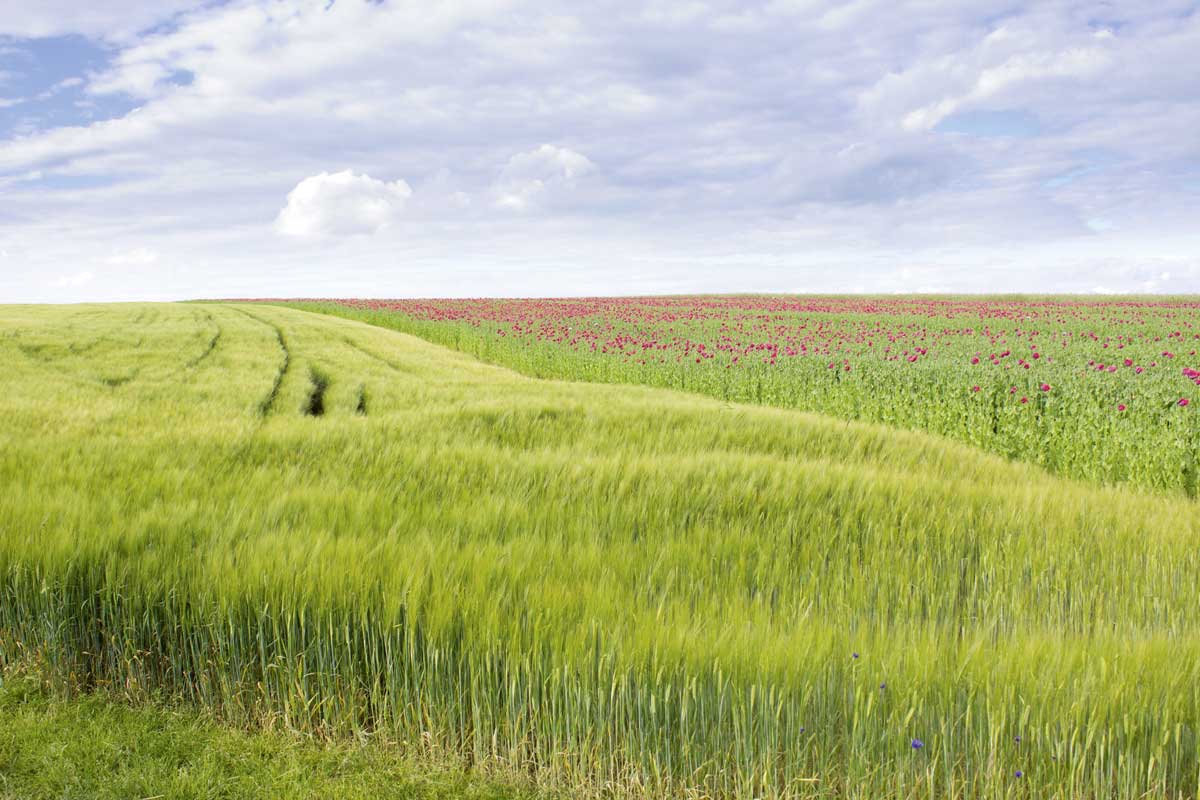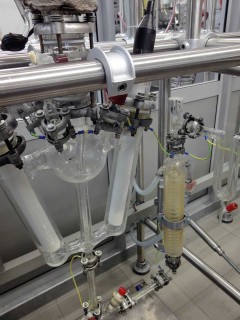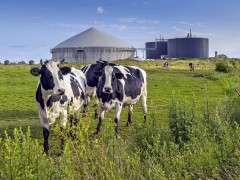The RTI strategy drawn up by ÖGUT (Austrian Society for Environment and Technology) presents possible developments in the fields of supplying raw materials, of process engineering and of actual products, formulates targets and recommends actions for expanding biobased industry in Austria. The analysis focusses on the non-food sector in particular. The roadmap builds on the findings of the survey “Am Weg zu einer biobasierten Industrie – Chancen für Österreich“ (A. Windsperger et al., 2010), in which the main principles applying to raw materials from forestry were worked out. Supplementary data on raw materials and residues from agriculture have been included in a comprehensive RTI strategy matched to the industrial setting in Austria.
In the course of the project individual interviews took place with representatives of the food industry, the chemical, pharmaceutical and the timber-processing industry, to facilitate discussing and assessing future developments in the fields of raw materials, technology and actual products.
Vision for Biobased Industry
On the way to a biobased future, social change moves us closer to sustainability, and products from biobased industry establish themselves in competition. Surface area productivity goes up, and existing resources are used in the best possible way as regards all dimensions of sustainability. System integration makes synergies accessible, innovations succeed by way of cross-linking and combined technologies that make flexibility with respect to material specification, raw material and process possible. In this way biobased industry strengthens the national economy and enhances local value creation.
(RTI strategy for biobased industry in Austria, ÖGUT 2014 – in german)
Short-term, medium and long-term development paths were sketched out in the following areas:
> Supplying raw materials: agricultural raw materials, raw materials from forestry, algae as raw material
> Product development: building and insulation materials, biogenic composites, biopolymers, bulk chemicals, biofuels, fertilizers, special biobased products
> Processing: fermentation, gasification, pyrolysis, timber processing, new biorefinery approaches
Using biogenic raw materials to the full makes sense in terms of both ecology and economics. Biorefinery approaches to couple material and energy flows are resource-efficient and can be expected to maximize added value. Here integrated production processes must be developed and applications and selling markets found for each product and byproduct. Dovetailing with the food, animal feed and fertilizer sectors may also improve cost/benefit ratios.
The experts recommended the following actions to boost biobased industry in Austria:
> Integrated approaches to using biomass for energy purposes and as raw material
> Comprehensive assessment of the ecological and economic impact of biobased products
> Wide-ranging promotion of biobased industry in Austria
> Cross-linking of and collaboration between stakeholders in administration, research and business
> Systematic (research) funding for issues arising in biobased industry
> Market interventions
> Development in collaboration with classical industries
(Video: only german version available)
„One of Europe`s central future questions is the subject of raw materials. In fact, we are heavily dependent on imports of fossil fuels, thus million Euros annualy flowing abroad. The bio-based industry has the chance to strengthen regional economic cycles and to add value in Austria. In the course of the project it became clear that biobased industry will continue to play an important part in Austria, particularly if we succeed in cross-linking the entire value-adding chain vertically and horizontally, utilizing existing know-how across sectors, developing it further and thus benefiting from synergies not previously exploited.“
Erika Ganglberger, Project management RTI-Roadmap
ÖGUT – Austrian Society for Environment and Technology



